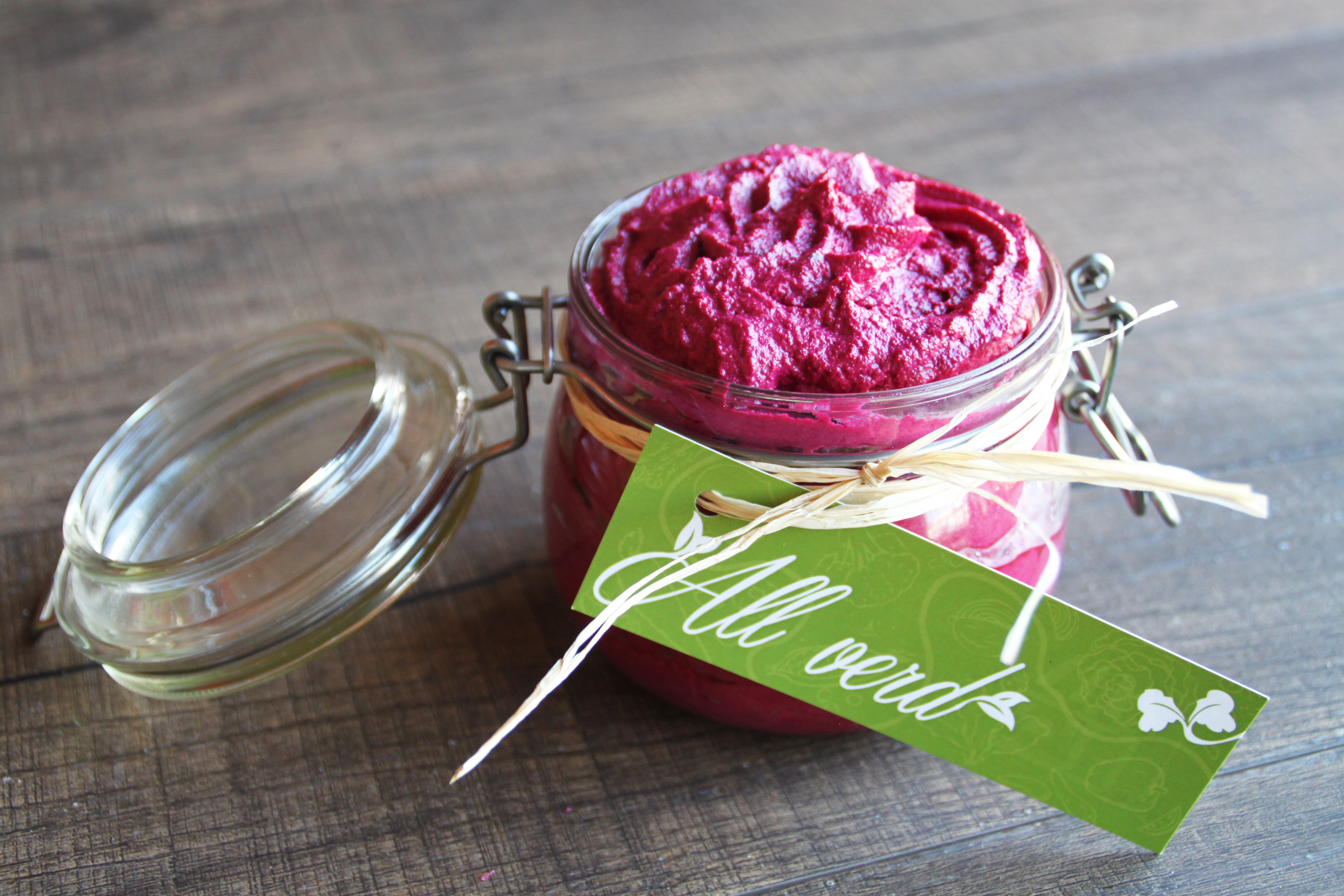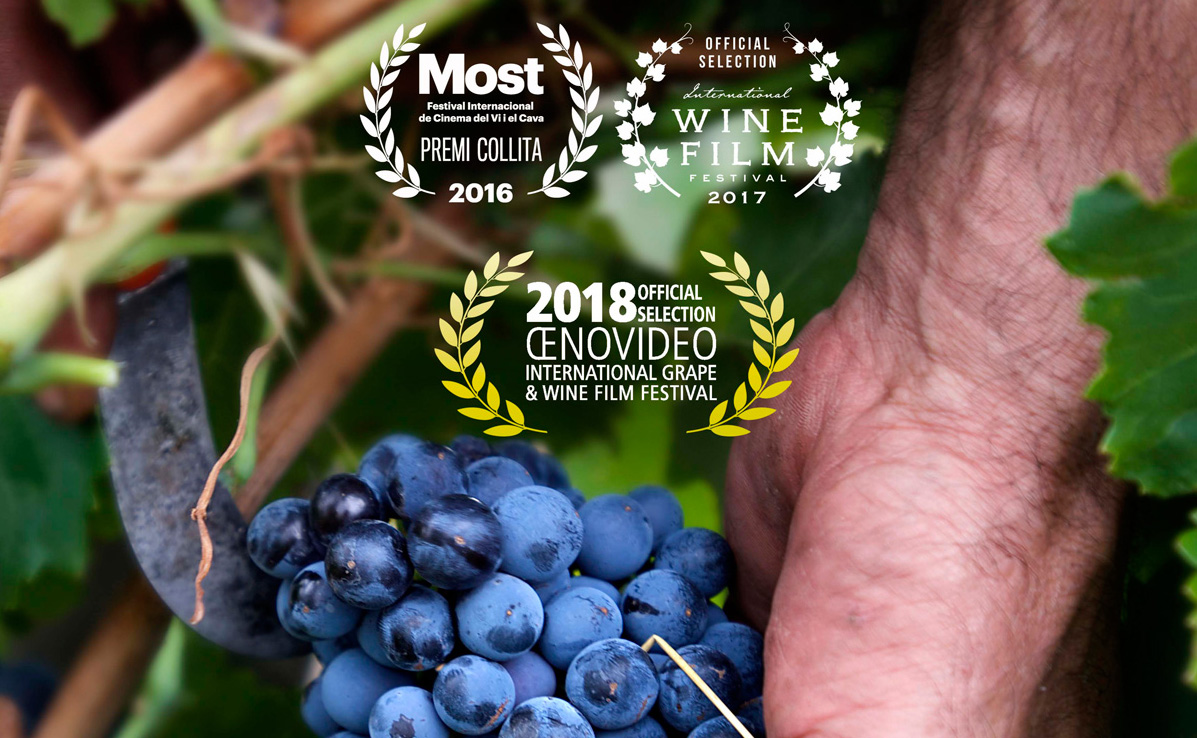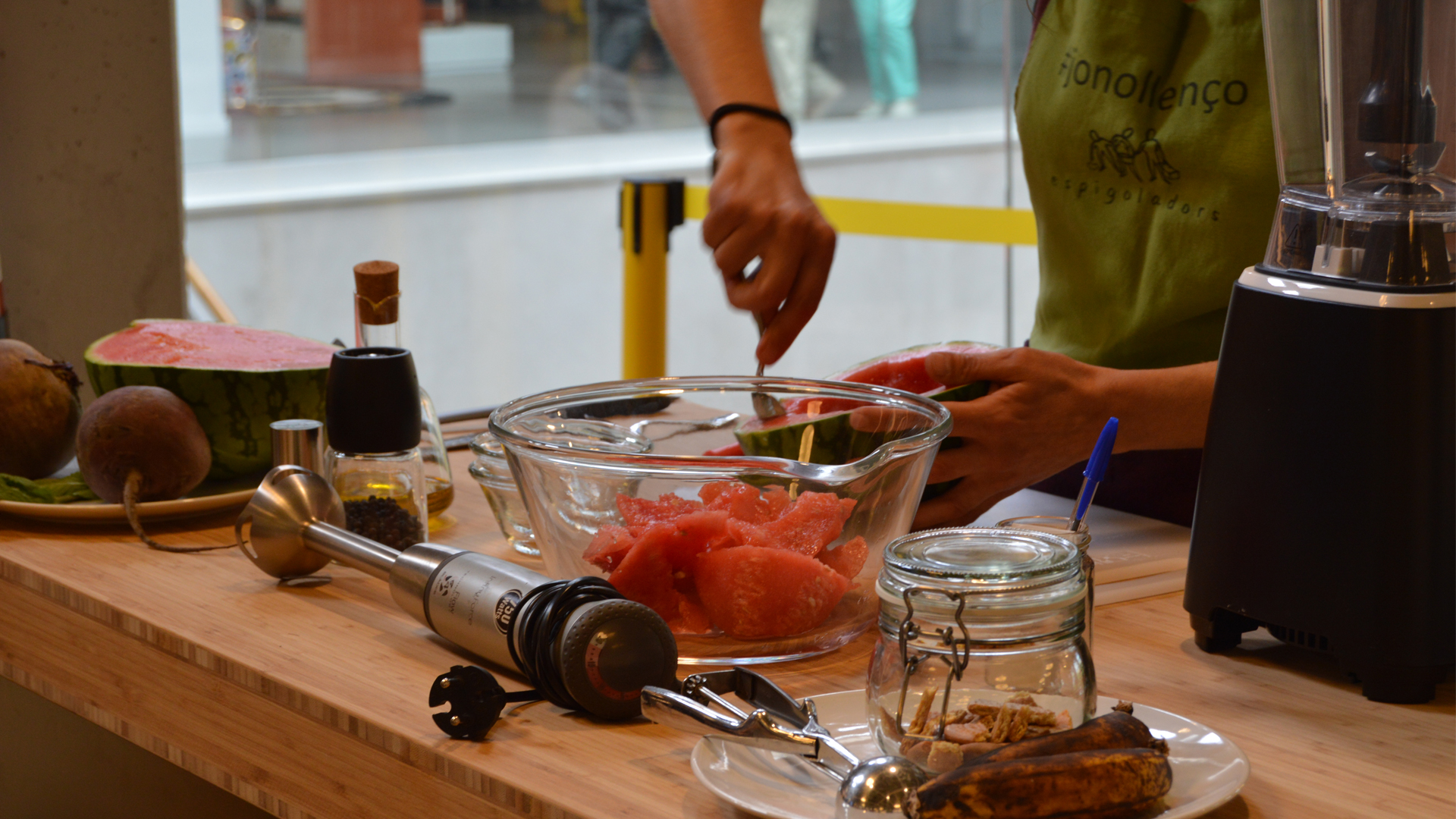Doing it for the pleasure of caring for ourselves and finding a balance, without restrictions or feelings of guilt.
A healthy relationship with food, making the most of seasonal produce and letting creativity into our kitchen, even if it's only for the lunch box we take to work.
We’ll try, using uncomplicated recipes, tastes, aromas and colours. We'll emphasise the importance of colour in our dishes.
Emotions and healthy eating go hand in hand.
Sustainable Food Citizen Week
Video resum de la Setmana Ciutadana de l'Alimentació Sostenible 2021
The activities of the Sustainable Food Citizen Week
Sustainable Food Citizen Week provides an opportunity to understand the relationship between food habits and cross-cutting aspects such as the climate emergency, local economic development, culture, politics, social rights and health. A week dedicated to citizens, in which you will achieve knowledge, reflection and debate about the main issues of the following activities.
Gastronomic heritage
- October 21st - 18.00 HBetevé broadcastingTelevised cooking workshop
- October 22nd - 22.00 H (variable according to betevé programming)Betevé broadcastingDocumentary film season
Documentary on natural wine in Spain. A trip from the north to the south of the country, with the vineyard and wine as the background.
A reflection on natural wine from its producers and opinions from renowned sommeliers.
This activity is part of Betevé's documentary film season, including the films Fermentación espontánea, Taste the waste, Food for change and Il mare piange.So you can combine the documentary with a wine tasting at home, we provide you with a list of wines by order (and time) of appearance.
Minute 01 – Sparkling wine from an ancestral method made in the Alt Empordà. Sparkling wine with unique fermentation.
Minute 05- Red wine from the mountains, made on the north side of the Alpujarra in Granada.
Minute 10 – Mineral and fresh wines made in the Sierra de Gredos (Avila), mainly with Garnacha, also with local white varieties such as Chelva, Albilla Real and Malvar.
Minute 13 – Red wine from the Sierra de l’Albera, in the Alt Empordà, made with Garnacha and Carignan (Lledoner and Samsó).
Minute 16 – White wine with maceration of the skins (orange wine) from Penedès made with Xarello from old vines worked within biodynamic parameters.
Minute 19 – Light red wine made with Sumoll, a native grape of the Penedès. From vineyards surrounded by forests of the Alt Penedès.
Minute 23 - Red wine from Galicia from a heroic viticulture of micro-plots in the Ribera Sacra area.
Minute 27 - White wine from the La Mancha variety and the most planted in the peninsula: Airén, in this case, comes from very old, free standing vineyards.
Minute 31 - Terra Alta red wine, inland Catalonia. From a dry and warm area, with powerful aroma and flavour.
Minute 36 - Wine with Mediterranean expression, made in clay vats in the region of Murcia, from the Tintorera Garnacha grape variety.
Minute 38 - White wine from Montepila grapes from vineyards surrounded by olive trees in Cordoba. - October 29 and 30 from 12.00 to 23.30 H, and October 31 from 12.00 to 22.30 HLa Rambla de Barcelona (between Centre d'Art Santa Mònica and Colom)Market
“Terra i gust” is a gastronomic project that links restaurants with small producers, an initiative from Barcelona City Council and organized by Gastronomia de Proximitat and Slow Food Barcelona, with the support of the Association of Gastronomy and Tourism of Baix Llobregat and l’Hospitalet.
It will be a place for citizens to see the different stakeholders involved in the value chain of local products and sustainability, and to point out the importance of the small artisanal producer, of maintaining traditions and environmentally friendly techniques, highlighting the union with gastronomy.There will be various different spaces:
- Spaces for sustainable gastronomy
- Spaces for beverages, with the participation of the Barcelona Beer Festival, with a selection of craft beers. Natural wines, filtered water, and kombucha will also be served.
- Producers market with seasonal and ecological products.
- There will also be an area for cooking shows, talks and games for kids-
Waste vs Good use
- October 22nd - 18.00 HBetevé broadcastingTelevised cooking workshop
A chef and an expert in better food use provide advice and useful tips for making the best use of food in cooking. Using the preparation of various recipes as a common thread, the programme introduces concepts that show the importance of sustainable, healthy food and ideas that help to prevent food waste, through everyday consumer and cooking habits.
Urban rurality and biodiversity
- October 16 at 13:40 hJardí dels TarongersTalk
Bees are one of the most important, and unknown, groups of pollinators. The aim of this talk is to showcase the life of bees, and also serve as an opportunity to understand the role that these insects play, together with the hosts, the plants, in the ecological balance of the planet. The reality is that humanity is facing a disturbing problem: the decline of bees. It is a subject that is being talked about more and more, and that we cannot overlook, as the Museum of Natural Sciences. The causes are numerous, and closely linked to the long litany of changes to the environment prompted by human activity. Now is the time for us to understand what we have done wrong and prepare a guide of best practices that can be used to recover the biodiversity that has been lost.
- October 16th - 16.30 HPlaça ReialTalk
The dynamics of this activity involve a mandala. We draw conclusions on how urban agriculture has fared this year, where we have made progress and where not, where we are headed and the importance of agriculture within the city, with the participation of various people connected to urban agriculture and others who will help us to connect with our bodies.
This is an open, participative activity where the audience can contribute their wishes and materials to the mandala. Ritual for closing and opening the year, as it has been a busy one in urban agriculture. - October 16th - 17.30 HJardí dels TarongersRound table
The Metropolitan agricultural belt is the on-site embodiment of the need (exacerbated by climate change and the biodiversity crisis) for healthy, wholesome and sustainable local supplies. It starts in the Metropolitan Area and includes the entire Metropolitan Region: it has a bottom-up structure, based on the view, already accepted by some city councils, that we need to preserve or create an agricultural belt around every municipality. We are therefore talking about a belt of belts.
To make this possible, the two main challenges we face are access to production resources and guaranteed fair prices. And in addition to this demand for “minimum prices for food and maximum prices for land”, there is the vital importance of adopting large-scale healthy, mitigating and regenerative agronomic practices. This means that financial aid for farmers has to involve cross compliance, but also has to be available to everyone, not just the big producers.
Ecological footprint
- October 16th - 18.00 HPlaça ReialTalk
Discussion on unsustainable fishing and its impact. What are the consequences of not fishing in our seas? We’ll be meeting up to discuss the impact that international fishing agreements are having and the advantages to local fishing. We will also find out how West Africa's coastal populations are facing over-exploitation of their maritime resources and what local-fish initiatives we have in Barcelona.
- October 17th - 11.00 H (Plaça del Rei) and October 23th - 10.00 H (Pl. de les Glòries Catalanes, next to the Disseny HUB BarcelonaPlaça del Rei, Plaça de les Glòries Catalanes, next to the Disseny HUB BarcelonaWorkshop
After receiving a brief introduction on climate change and its connection with our food system, everyone attending will be able to calculate the environmental footprint their food generates.
- October 17th - 12.00 HPlaça del ReiWorkshop
A workshop on low energy consumption cooking, to provide ideas and tips for cooking while using as little energy as possible. Tackling the problem in a practical way, we encourage reflection on better food-use cooking and healthy, sustainable food. The workshop aims to provide participants with viable tools for furthering their commitment to reducing the environmental impact of their food, opting for simple, but transformative, solutions. The workshop's objective, through various demonstrations as well as practical and theoretical advice, is to apply this in everyday life. It also fosters the culture of better food use and a complete, balanced diet. The workshop includes an explanation from an expert and the live preparation of various recipes.
Proximity
- October 17th - 16.00 HParc de la BarcelonetaShow
This show reflects the result of the last fifteen years this quintet's career, in which they have further explored their own style using organic, natural instruments with a grass-roots and contemporary language.
The concert revolves around organic instruments made from materials found in nature. Once they have been crafted, respecting the natural material, they generate melodies with a unique sound.
The stars of the show are the oak-wood and slate txalapartas, percussion instruments using wood from the desert and pipes. We will also hear a clarinet made from bamboo, whose sound creates atmospheric base lines that enhance the other instruments.
- October 17th - 17.30 HParc de la BarcelonetaRound table
Challenges and opportunities for multiplying and consolidating transformational food networks
There has been a significant increase in initiatives, over the last few years, which attempt to facilitate and ensure widespread access to organic and local food, taking the needs of the area's farmers into account. Central purchasing bodies, farmers’ distribution networks and new consumption cooperatives with shops (also known as cooperative supermarkets) are just a few examples of these.
The main goal of these projects is to provide a greater diversity of consumer profiles with access to these types of products. To do that, they aim to overcome the obstacles that prices and physical accessibility represent. They also aim to help improve the viability of the initiatives of farmers who work with agro-ecological values and practices.The aim of the session is to discover various types of initiatives for distributing organic and local food and to reflect on what the key elements are that can help to multiply and consolidate transformational food networks. Taking part in this will be members of Germinando involved in GIASAT (Gestión Integral Agroecológica de los Sistemas Alimentarios Territorializados), VallaEcolid, the Barcelona Local Agri-Food Exchange Centre (CIAP), promoted by the Farmers’ Union, and the Quèviure and Economat Social cooperatives.
- October 17th - 20.00 HParc de la BarcelonetaScreening
Sixty years of standardised fruit and vegetable production and the creation of industrial hybrids have had a dramatic impact on their nutritional content. In the last 50 years, they have lost 27% of their vitamin C and almost half their iron. The tomato, for example: through multiple hybridisations, scientists are constantly producing redder, smoother, and firmer fruits. In the process, however, a quarter of the calcium and more than half of the vitamins have been lost.
The seeds that give rise to the fruits and vegetables we eat are now owned by a handful of multinationals, such as Bayer and Dow-Dupont. These multinationals produce their seeds mainly in India, where workers earn just a few rupees, while the company has a turnover of more than 2 billion euros. A globalised business where seeds are more expensive than gold. According to the FAO, 75% of cultivated varieties have disappeared in the last 100 years.
Loss of nutrients, privatization of life. This documentary presents the great monopoly of the industry on our fruits and vegetables.
More week
- October 16th from 11.00 to 13.00 HLa Fàbrica del SolTalk
A talk on sustainable food at an early age and the emotions that are derived from what we eat.
During the talk we reflect on the benefits of conscious, sustainable nutrition during childhood; the relationship between what we eat and the emotions we feel, acquiring healthy habits at a young age and the importance of understanding how our body works
- October 16th - 11.00 HMercat de la Sagrada FamíliaCulinary experience
Times are changing, and so is our food. Just as our work, our leisure and the way we relate to each other have changed, we can also change our eating habits and make them healthier.
One essential nutrient for a healthy diet is protein, which we usually associate with food of animal origins. But what options do vegetables offer us in terms of protein content? Come and find out, and enjoy a spectacular culinary tasting!
- October 16th from 11.30 to 12.30 HVallvidrera Civic Centre - Vázquez MontalbánShow
A family show that aims to familiarise children with the cooking of seasonal vegetables and foster a healthy, sustainable diet.
Can you imagine seeing how some seeds turn into fresh vegetables, in front of your eyes? In this fantastic family show, you will discover the magic of cooking while having a good laugh. You will see a love story in the form of a Shakespearian tragicomedy, where peaceful coexistence triumphs inside the saucepan! From now on, eating cauliflower, carrots or broccoli will be much more fun. You’ll be licking your fingers!






















